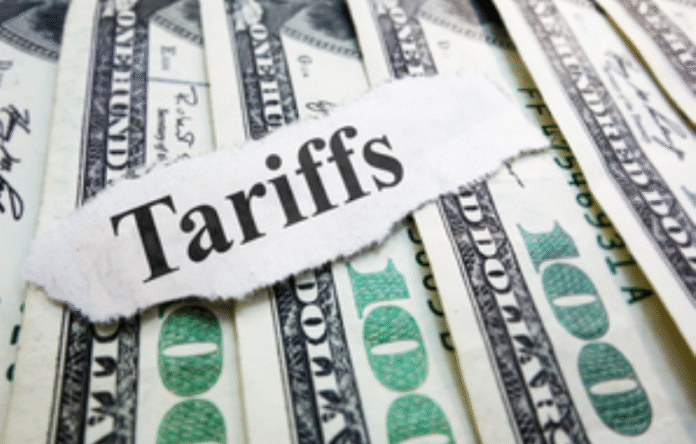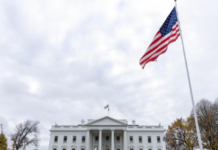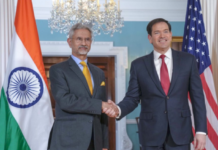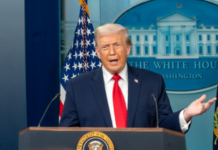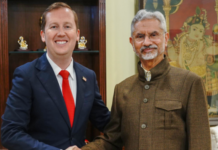NEW DELHI– The Federation of Indian Export Organizations (FIEO) on Thursday voiced deep concern over Washington’s move to impose an additional 25 percent tariff on Indian goods, pushing total duties on many categories to as high as 50 percent beginning Friday.
FIEO President S.C. Ralhan called the development a “setback,” warning that India’s exports to the United States could be severely hit. He said about 55 percent of shipments to the US — valued at $47–48 billion — are now subject to pricing disadvantages of 30–35 percent, leaving them uncompetitive against exporters from China, Vietnam, Cambodia, the Philippines, and other Asian rivals.
The impact is already visible in labor-intensive sectors. Textile and apparel producers in Tiruppur, Noida, and Surat have halted production as margins collapse, ceding ground to lower-cost competitors in Vietnam and Bangladesh. In seafood, particularly shrimps, where the US absorbs nearly 40 percent of India’s marine exports, the tariff hike threatens stockpile losses, supply chain disruptions, and worsening distress among farmers.
Other industries such as leather, ceramics, chemicals, handicrafts, and carpets are also facing sharp erosion of competitiveness. “Delays, order cancellations, and negated cost advantages loom large for these sectors,” Ralhan said.
He urged the government to step in with immediate relief measures, including interest subvention schemes, export credit support, and easier access to low-cost financing for MSMEs. “There is a need for immediate government support, which includes a push for interest subvention schemes and export credit support to sustain working capital and liquidity,” he said. Ralhan also suggested a one-year moratorium on loan repayments, automatic enhancement of credit limits by 30 percent, and collateral-free lending on Emergency Credit Line Guarantee Scheme (ECLGS) lines to ease industry stress.
The exporters’ body further recommended expanding production-linked incentive (PLI) schemes, upgrading infrastructure, and investing in cold-chain storage to strengthen competitiveness. It also pushed for accelerated trade agreements with the EU, Oman, Chile, Peru, the GCC, Africa, and Latin American nations, with special provisions for early-harvest packages in labor-intensive sectors.
Still, Ralhan stressed that the most urgent step is diplomatic. “Leveraging a negotiating window for urgent diplomatic engagement with the US still remains the key,” he noted. (Source: IANS)


